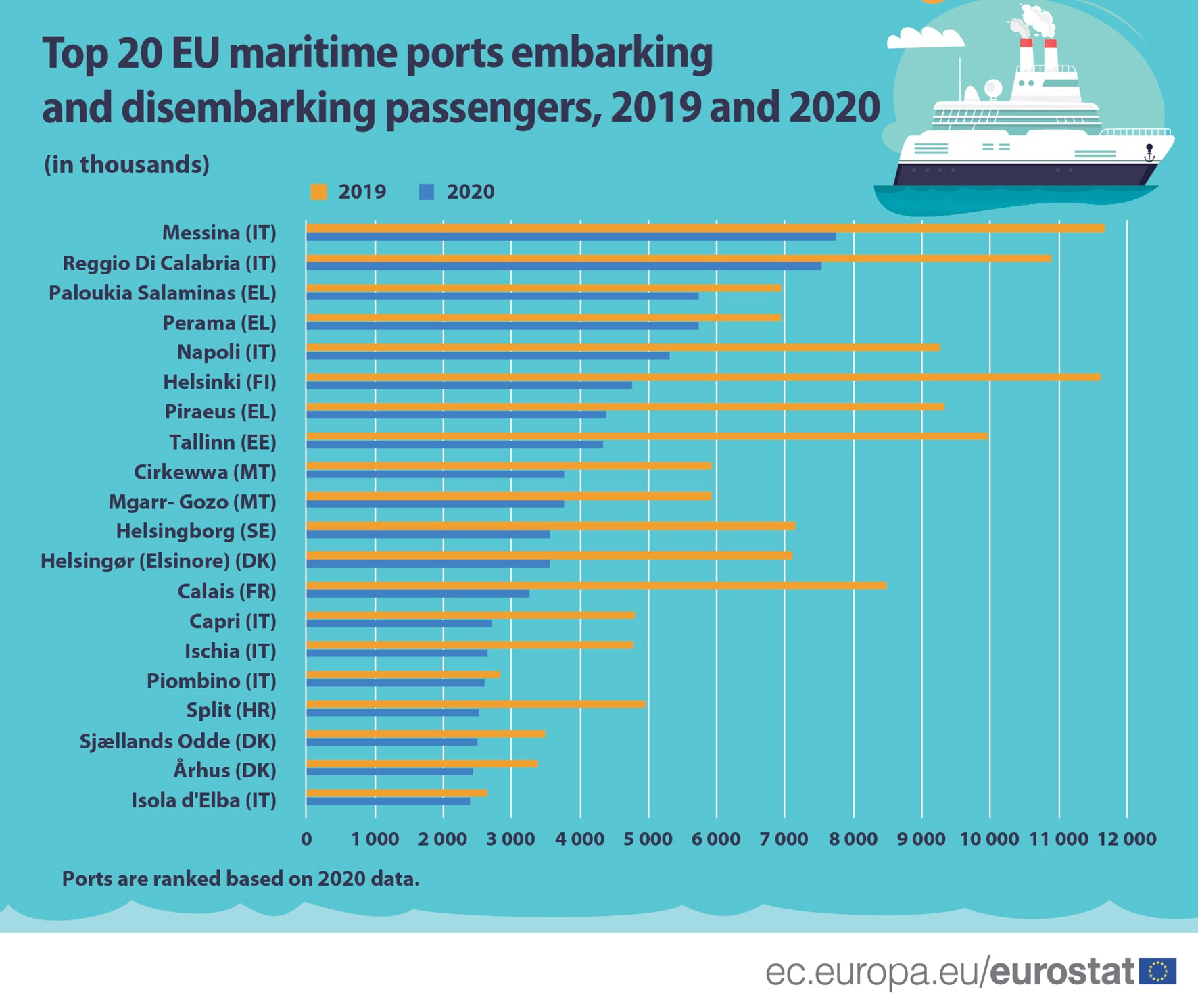On Monday 10 July, the European Parliament will discuss in Strasbourg the final agreement on both the Regulation on the deployment of Alternative Fuel Infrastructure (‘AFIR’) – which sets the framework for the deployment of onshore power supply (OPS) in ports – and the Regulation on the use of renewable and low-carbon fuels in maritime transport and amending Directive 2009/16/EC (‘FuelEU Maritime’) – which regulates the use of OPS by ships in EU ports. Both agreements will be voted on Wednesday 12 July. Once the Council has then formalised its agreement with the text, both AFIR and FuelEU Maritime are expected to enter into force shortly after.
The European Sea Ports Organisation (ESPO) welcomes the final agreements, allowing ports, terminals and shipping lines to prepare for their implementation.
“The final adoption of the AFIR allows ports and all port stakeholders who are to play a role in the deployment of OPS to effectively prepare for compliance with the new rules. The development and use of new fuels and energy solutions, such as onshore power supply, is the most important pillar of greening the shipping sector. For ESPO, it is important that for the first time, the strict framework for deployment of OPS is accompanied by an obligation to use the infrastructure. The emissions at berth will only go down if the OPS installations are properly used. We now have to take the legislation to the quay and sit together with all relevant stakeholders including shipping lines and terminal operators to make quick progress ahead of 2030.”, says ESPO Secretary General Isabelle Ryckbost.
To assist their members in the process of deploying and using OPS in Europe’s ports, ESPO has already been organising different workshops. During these workshops different challenges relating to deployment and use of OPS have already been identified.
Continue to read on the ESPO website







